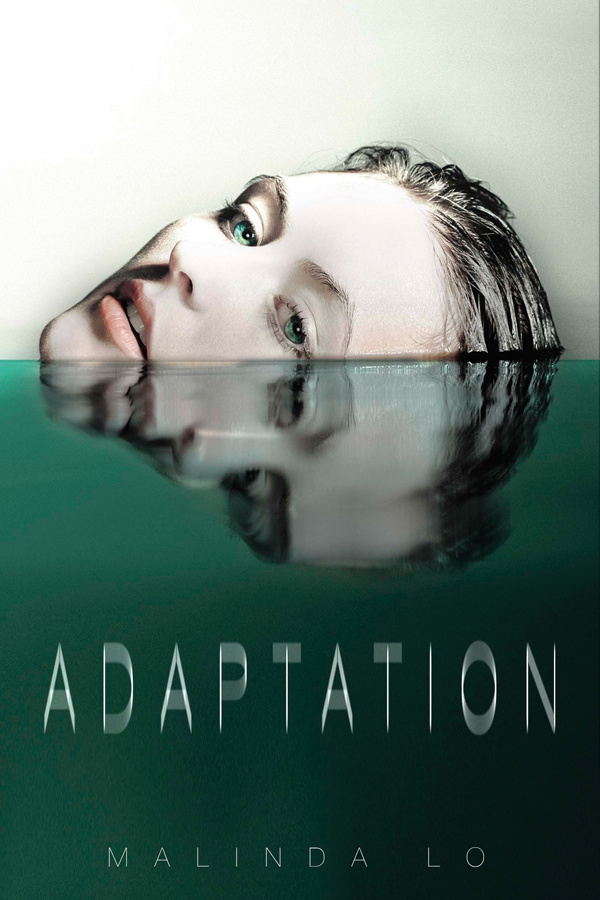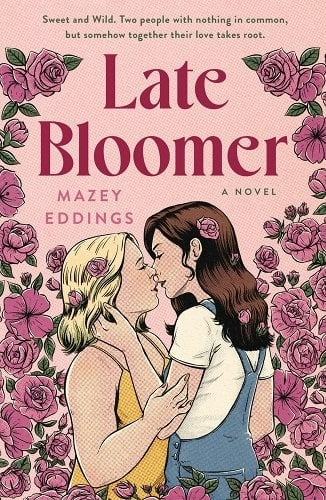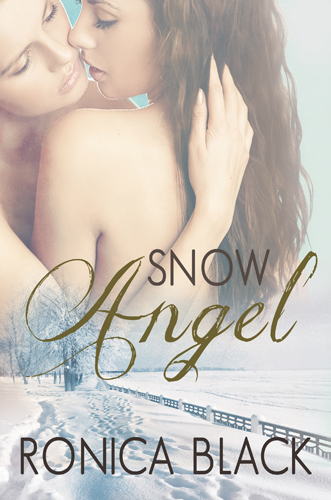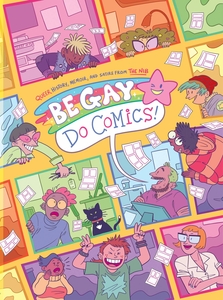
The night I finished reading lesbian author Malinda Lo’s third young adult novel, Adaptation, I dreamt of plane crashes, government conspiracy cover-ups, and my new, super-natural ability to hear the most minute of sounds. In short, it was a restless night—but so worth it.
Adaptation takes place in post-9/11 America in the not too distance future. The bisexual protagonist, Reese Holloway, is away from her native San Francisco with her debate coach, Mr. Chapman, and debate partner, David Li, when planes start to crash all over North America. Their journey home ends in a car crash—and Reese waking up 27 days later, distinctly but indescribably different than she was before. What ensues is a quest to understand what exactly is going on set alongside Reese’s exploration of her feelings for David—and a girl who, literally, knocks her over on their first meeting.
With much success, Lo delivers a fast-paced science-fiction page-turner coupled with a queer teenage romance in its most complicated form. Lo also provides refreshing diversity in her cast of characters without it ever feeling didactic; more simply, her text reflects the racial and sexual diversity of San Francisco as well as gifting our near-future with a few less gender constraints. If you’re a sci-fi lover, X-files nerd, or a fan of contemporary queer YA, you’re definitely in for a treat.
Lo has also written Ash, a lesbian re-telling of Cinderella, and its companion novel, Huntress. Adaptation is the first in a duology, with the second novel due out in September 2013.
Check out more of Erica’s writing at So You’re EnGAYged and on Twitter @eoflovefest.



CrFw says
[Spoiler-y]
I was a little dissatisfied with the ending of the book; maybe it was just the part of me that wanted couples riding off into the sunset together. I also thought that it would be too easy to read this as being pro-heterosexuality; the lesbian relationship is exploitative, unequal, and alien.
Laura Mandanas says
I questioned that initially too. But, knowing that it’s by Malinda Lo, I guess I’m more willing to give it the benefit of the doubt.
I wouldn’t really say that this is “pro-heterosexuality.” There are multiple queer characters, and they’re all portrayed respectfully (even Amber, although there are definitely problematic aspects of her relationship with Reese). I *do* think this is pro-bisexuality. And from that perspective (which I support), a bisexual character’s relationships with men should be just as acceptable as their relationships with women. And their relationships with women should be allowed to fail, just as their relationships with men have that possibility. I think it’s harmful to hold same sex relationships to a higher standard where we expect it to work out and be good for both partners every time.
(Also, I anticipate that she gets back together with Amber in the second book. Because where’s the drama if that doesn’t happen?)